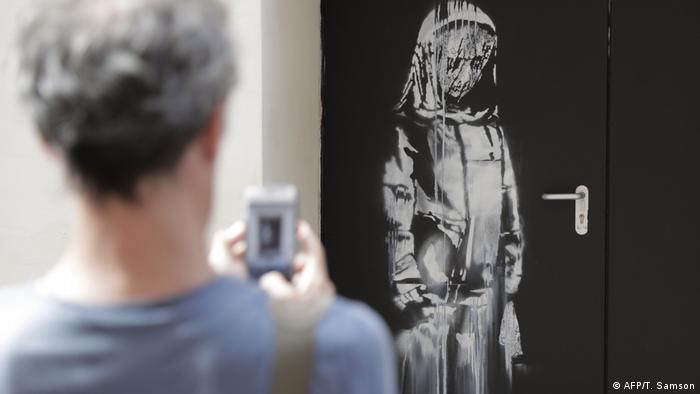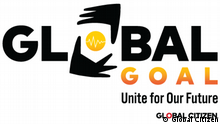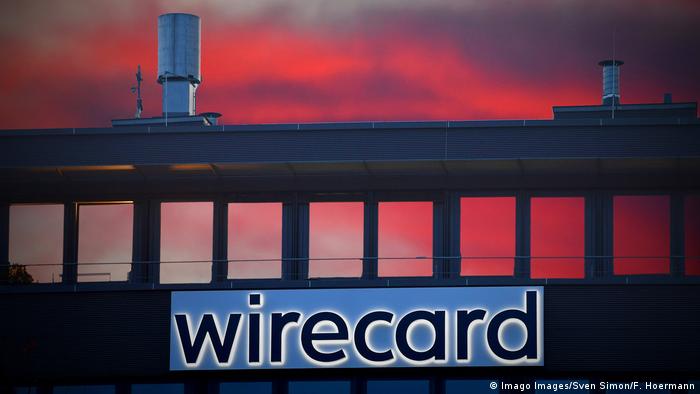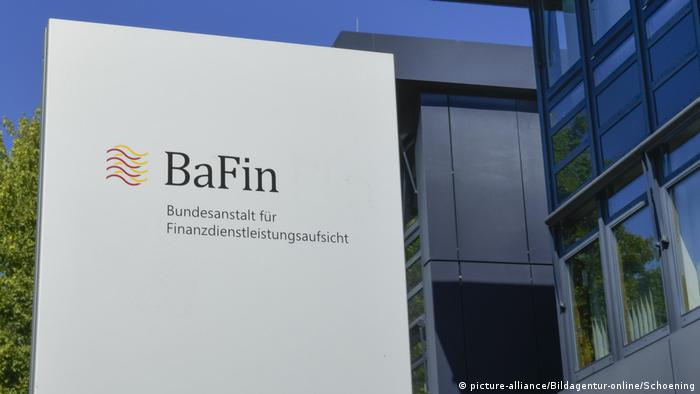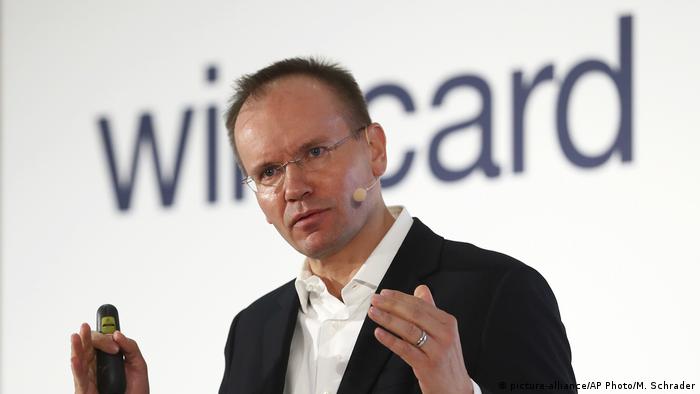ILLEGAL ZIONIST COLONIAL OCCUPATION FORCE
Issued on: 28/06/2020 -

Above the West Bank settlement of Itamar, the wildcat outpost Givat Arnon is home to 27 Israeli families, both secular and observant Jews MENAHEM KAHANA AFP
Givat Arnon outpost (Palestinian Territories) (AFP)
The 450,000 Israeli settlers in the occupied West Bank are a diverse group, ranging from ultra-Orthodox to secular moderates, who hold varying views on Israel's impending decision on annexation.
From July 1, the Israeli government aims to take its first steps toward implementing part of a US-proposed Middle East peace plan that paves the way for annexing key parts of the West Bank, including settlements long considered illegal by the majority of the international community.
The controversial plan also envisions the creation of a Palestinian state, but on reduced territory and the Palestinians have rejected it outright.
From Yitzhar to Efrat, AFP asked Israeli settlers how annexation would change their lives.
- Yakov Sela, settlements 'fulfil destiny' -
Above the West Bank settlement of Itamar, the wildcat outpost Givat Arnon is home to 27 Israeli families, both secular and observant Jews.
The peace plan put forward by the United States could see it annexed by Israel, but surrounded by an independent Palestine.
Yakov Sela, a 33-year-old father of three, said living in an outpost fulfils a "destiny to build the land and settle it".
Part of the outpost site is owned by the Israeli state and part is private Palestinian land, Sela said.
"As far as we're concerned, it's all ours."
Sela described his "elation" in January when US President Donald Trump unveiled his controversial plan for Israeli-Palestinian peace, which opened the door to Israel annexing West Bank settlements and the Jordan Valley.
"We were thrilled," he said.
But Sela is concerned that Israel will be compelled to approve the establishment of a Palestinian state, which would turn the outpost into an Israeli enclave.
"We can't really accept the recognition" of Palestinian statehood, he said.
- Tzvi Succot, opposes Palestinian statehood -
To Tzvi Succot, an Israeli presence in the biblical Jewish homeland, including his settlement Yitzhar, goes beyond temporal politics.
"We're here because of the bible, because of the belief that God gave us this territory," he said from his backyard, where his four young daughters played on swings and a trampoline.
The 29-year-old son of an ultra-Orthodox family in a West Bank settlement near Jerusalem, Succot wears a knitted skullcap, curly sidelocks and a short beard.
Yitzhar, on a hill just south of the Israeli-occupied West Bank city of Nablus, is notorious for residents' clashes with the neighbouring Palestinians and also occasional confrontations with Israeli security forces.
"We want this place to be owned by Jews," he said of what brought him to Yitzhar some 15 years ago.
Relations with the Palestinians in the towns below are tense and often violent.
"They don't want us to be here, we don't want them to be here, but meanwhile we're both here," Succot said with a chuckle.
As for annexation, "we're obviously in favour", he said, while remaining opposed to Palestinian statehood.
"I don't think there's one person in the world who thinks there will be a Palestinian state here, in two days or two years."
- Shmil Atlas, favours dialogue -
Shmil Atlas, 51, works for the Efrat local council.
A government-recognised settlement in the southern West Bank, Efrat is adjacent to the Palestinian city of Bethlehem and about 15 kilometres (9 miles) south of Jerusalem.
Efrat is home to about 11,000 Israelis. Like the residents of Givat Arnon, they are a mix of secular and observant Jews.
Atlas has lived in Efrat since leaving Jerusalem in 2015, lured by the settlement's lower property prices.
The father of three said he bought a four-bedroom house in Efrat for the price of a studio apartment in the city.
"My wife and I work in Jerusalem, we were looking for a place close to the city," he said.
Atlas favours annexation but also dialogue with the Palestinians.
"I firmly believe that if we can sit down and negotiate on a common future, life will be better for them and for us," he said.
- Carine Suissa, fears further bloodshed -
French-born Carine Suissa, 53, immigrated to Israel in 1992 and moved the following year to the West Bank settlement of Kfar Adumim.
"I came... with the aim of being able to raise my children in a place with nature, with a quality of life, living in a small village, nothing ideological," she said.
Kfar Adumim lies on the edge of the Judean desert between Jerusalem and the ancient Palestinian city of Jericho.
The location, she said, has few reminders that it is in occupied territory.
"Here it's a bit like living on the moon with empty spaces like landscape paintings... I would never have gone to live in a locality with barriers or surrounded by Arab villages."
But she remains ambivalent about the potential fallout from annexation.
"This plan is not going to lower tensions and I do not see how it could advance peace," she said.
"I fear that we are on the verge of years of fresh conflict and that the blood will continue to flow on both sides."
© 2020 AFP














